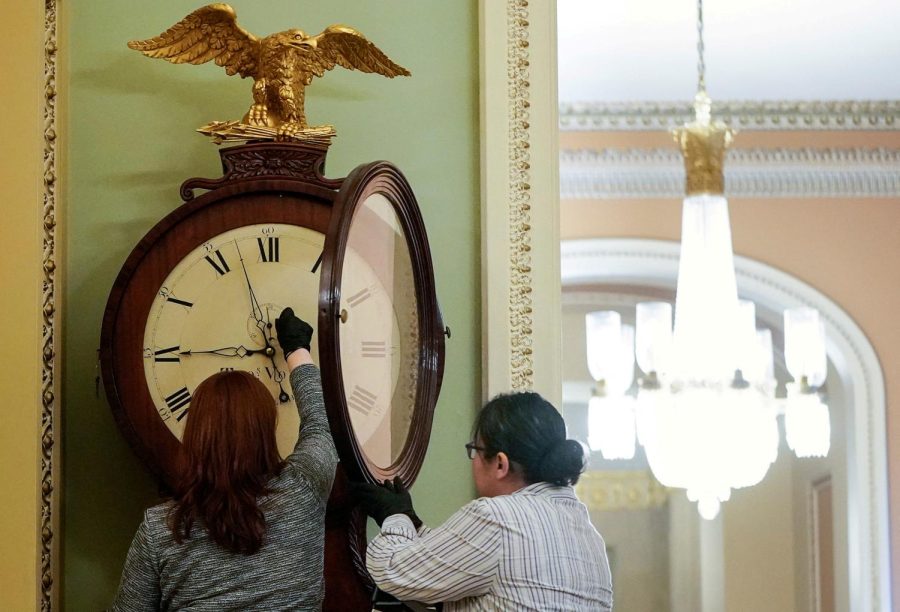The Debate Behind Daylight Savings
If you were given the choice between waking up to the sun or complete darkness, which would you choose? When considering this personal preference, ask yourself how this would affect the hour at which dusk sets in? For what seems to be decades now, citizens around the world have argued the genuine necessity of daylight savings and wished for a single schedule to stick to year-round. However, this past month has shed a larger light on the issue, as the Senate has unanimously passed a bill to adjust to a permanent daylight savings clock for 2023.
Unlike the usual political divide that most bills in the twenty-first century create, the majority of people, regardless of where they stand on the political spectrum, are all in favor of a change in this schedule. One primary example of the push for this bill was seen in Florida Senator Marco Rubio’s argument, where he referenced a study that shows “prolonged Daylight Saving Time leads to a reduction in crime and seasonal depression.”
To be candid, I never understood the logic behind switching from daylight savings time to regular time in the winter. There is truly no greater challenge than attempting to get out of bed at 6:30 a.m. when it is pitch black outside, alongside the fact that it is freezing in your room! I know many who have fallen victim to seasonal depression in the depths of winter. However, 2023 could mark the start of a new age, one where the citizens of this country don’t have their happiness stifled because their days end at 4:30. Since the Senate was all for changing the current inconvenience of switching times, they clearly understand this as well.
Unfortunately, there are still two crucial steps standing in the way of this “Sunshine Protection Act” being implemented. An NBC article makes this process obvious by stating, “the bill passed by the Senate must still be approved by the House and signed by the president to become law.” Thus, the process of putting an end to Daylight Savings Time could be even further prolonged by a lag in the House of Representatives or the Executive branch. An article from The Washington Post has already made this argument clear, by mentioning that both the House of Representatives and President Biden have not yet made a clear statement about where they stand with this bill.
Because there is a hesitancy in passing the Sunshine Protection Act, the discussions about the correct course of action will persist for an exceptionally long time. The question of whether we should stick to daylight savings or standard time is arguable, however, one thing is for certain: U.S. citizens do not want their clocks to be switching times in the upcoming calendar year.

Emma is a current senior who is so excited to continue being a section editor in her third year writing for the Banner. Outside of writing Opinions articles,...



